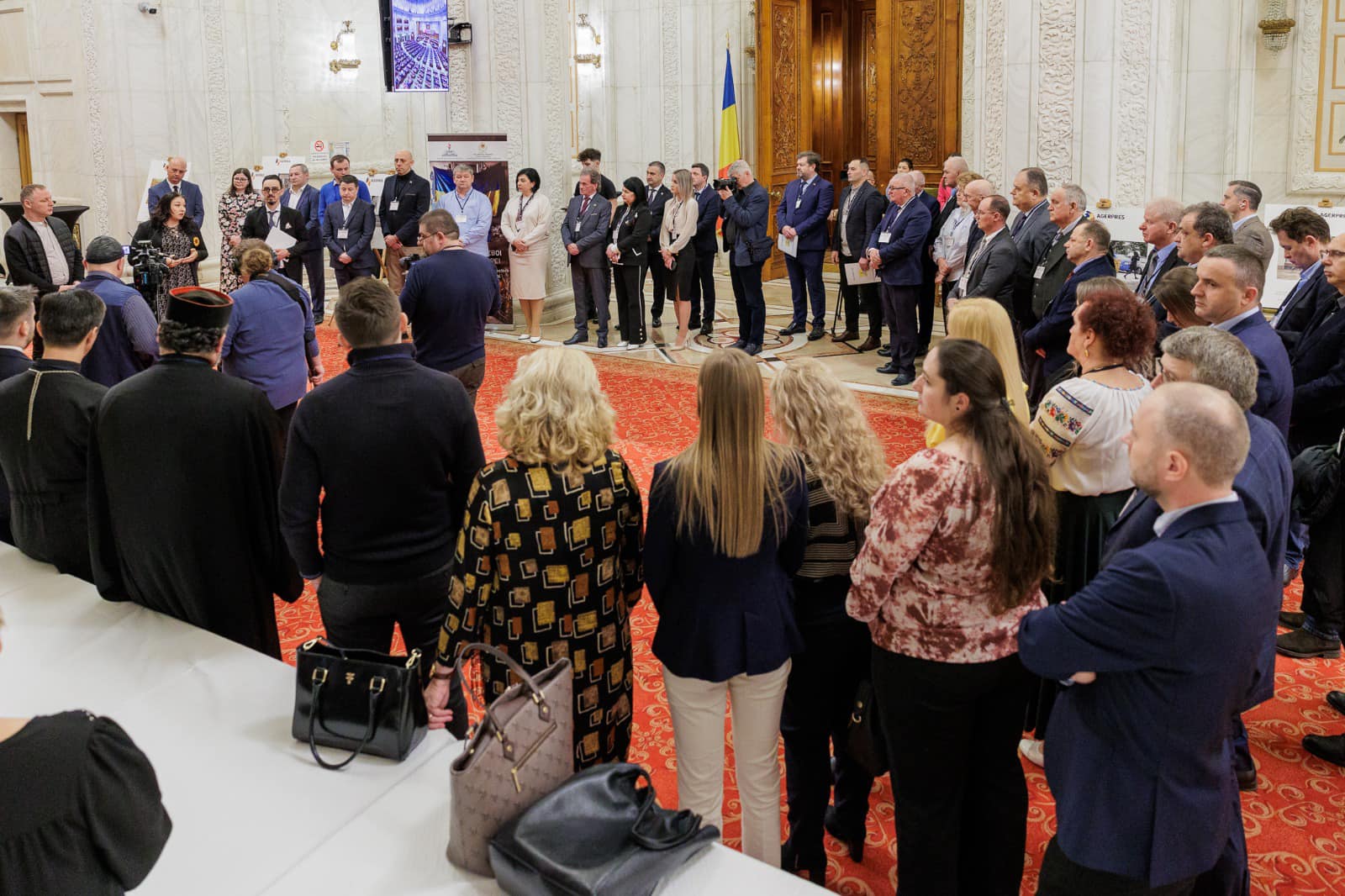Public resources and initiatives
20/32 Heroiv Kruty Boulevard
м. Chernivtsi, Ukraine, 58000
Tel.: +380930676595,
e-mail: fsri.office@gmail.com
On February 27, 2024, a roundtable titled "730 Days of War in the Heart of Europe: Consequences, Realities, and Prospects at Regional and Global Levels" was held at the Palace of the Romanian Parliament. The event was organized by the Union of Ukrainians of Romania (UUR) in partnership with the Parliamentary Group of National Minorities in the Chamber of Deputies. The Public Resources and Initiatives Charity Foundation also contributed to the event. Speakers at the roundtable included Serhii Hakman, Vice President of the Foundation, and Nataliia Nechaieva-Yuriichuk, a member of the Foundation.
The roundtable was preceded by a powerful visual narrative of the war in Ukraine—an opening of the photo exhibition "730 Days of War in the Heart of Europe: The Conflict in Images", organized in partnership with the Agerpres news agency.
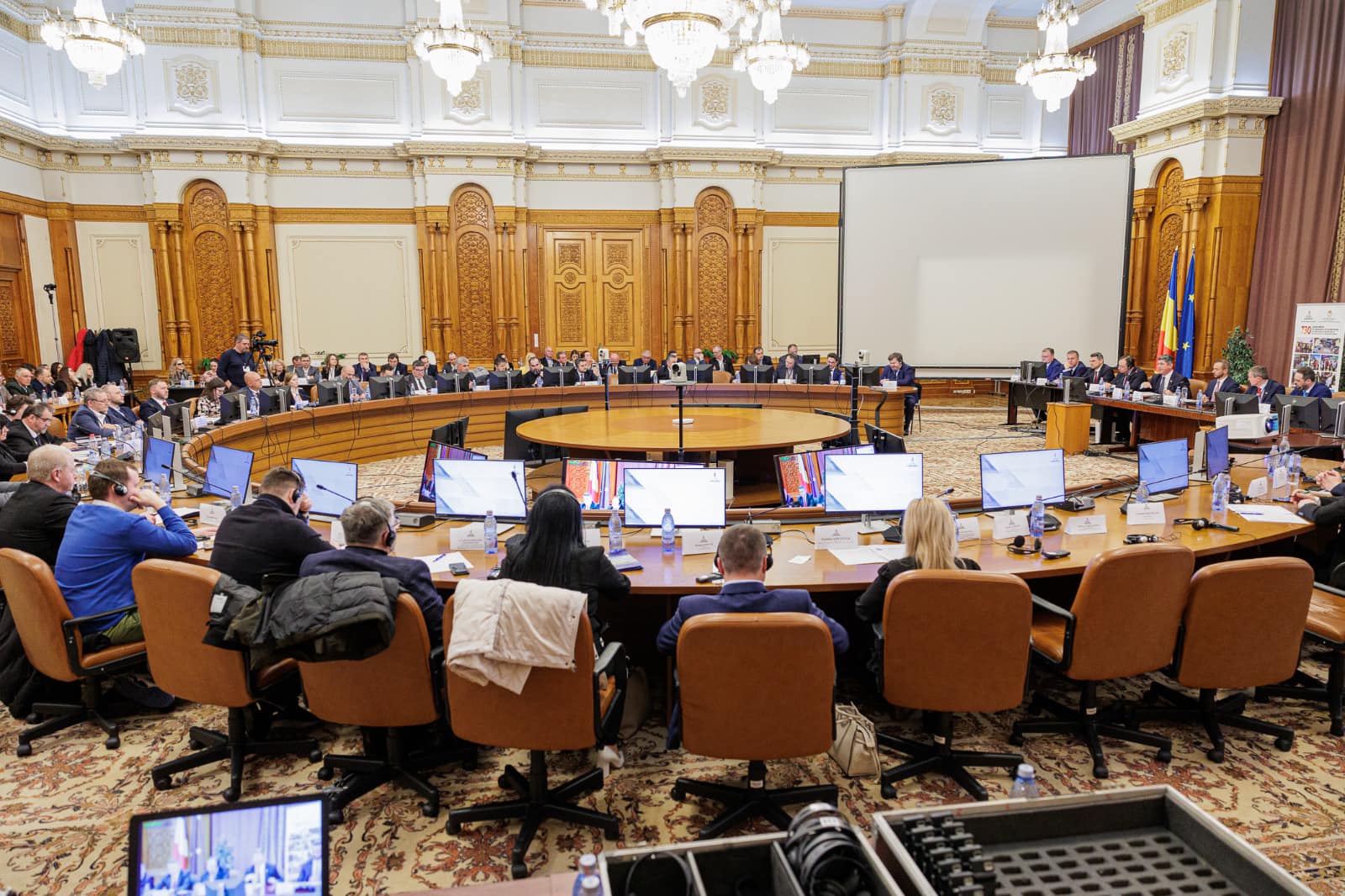
The exhibition showcased photographs by Cristian Lupașcu, a correspondent who documented his emotions and experiences during 15 trips to Ukraine. These images reveal the devastating impact of the war and serve as a visual manifesto, calling for awareness of the immense tragedy faced by the Ukrainian people. "The photographs on display confirm that the war continues, with enormous material and human losses, and that solidarity is needed to support Ukraine in its fight against Russian aggression," said Cristian Lupașcu.
Agerpres was represented at the event by its General Director, Claudia Nicolae, who stated: "This war means blood, it means death. We also tried to show the destruction of art, culture, and civilization, presenting completely or partially destroyed UNESCO heritage sites. We featured demolished churches that are cultural treasures for any suffering people."
The roundtable was opened by Nicolae-Miroslav Petrețchi, Member of Parliament and Head of the Union of Ukrainians of Romania. He emphasized Romania’s consistent support for the Ukrainian people since the start of the invasion, noting that Romania’s Parliament was among the first in the world to "strongly condemn Russian aggression."
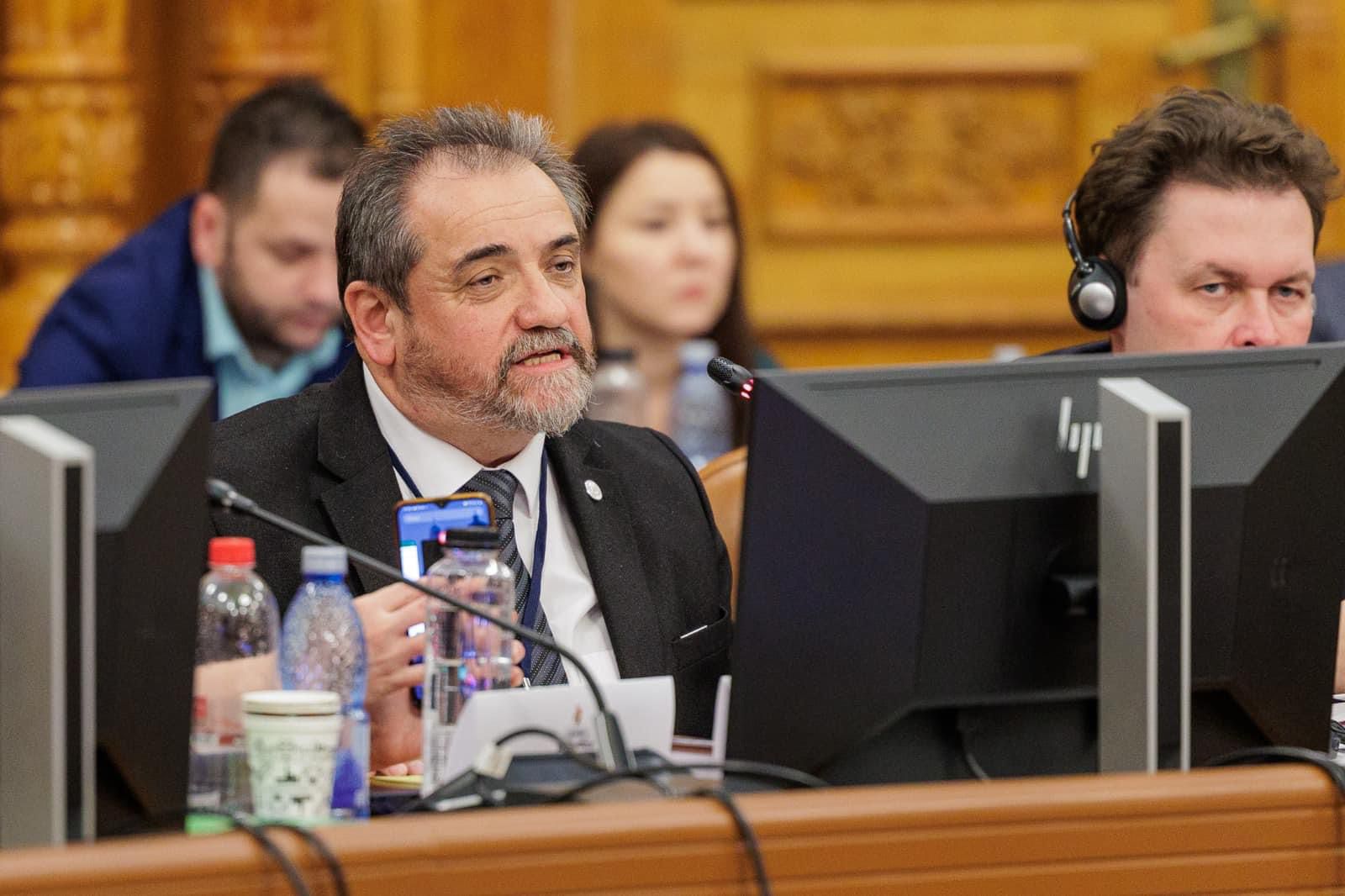
Petrețchi reaffirmed that Romania remains "a reliable partner for Ukraine" and highlighted the solidarity of the Romanian people, regardless of religion or ethnicity:
"I thank the Romanian state, my colleagues in Parliament, and everyone who has supported and continues to support the Ukrainian people," he stated.
The UUR head condemned the war unleashed by Russia, saying it targets "not only Ukraine but also democracy." "I am convinced that by supporting Ukraine, we will stop the war and live in a world of peace and calm," said MP Petrețchi. Participants observed a moment of silence in memory of the victims of Russia's war against Ukraine.
More than 100 participants from Romania, Ukraine, and the Republic of Moldova attended the event, including public officials, parliamentarians, diplomats, local government representatives, scholars, religious leaders, experts, and members of the Ukrainian community.
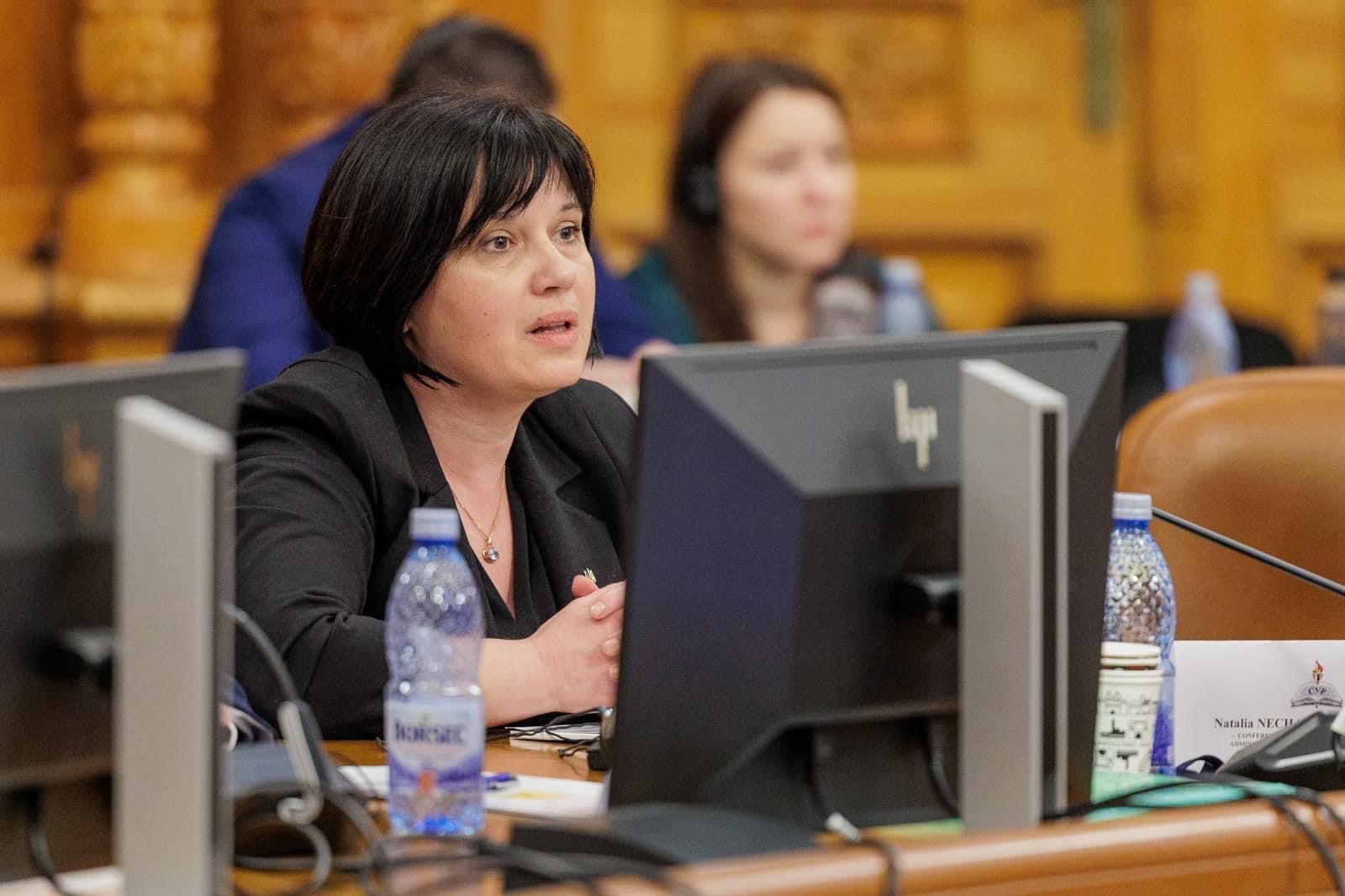
The discussions focused on key priorities, including:
The event also explored the current dynamics of Romanian-Ukrainian relations, ways to overcome the consequences of Russian aggression, and how to counter efforts by Vladimir Putin’s regime to undermine democracy, European institutions, and unity in Western societies.
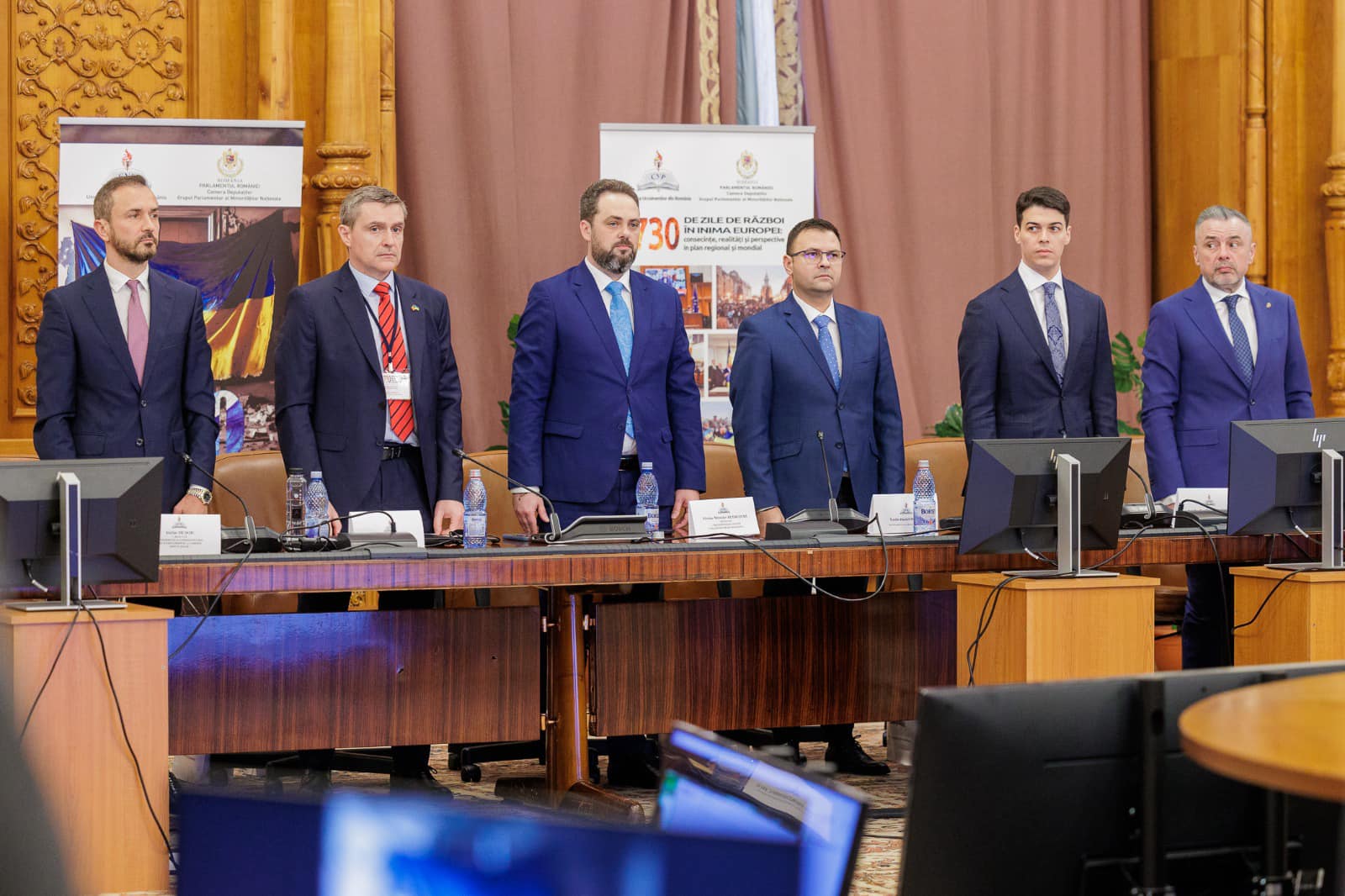
In the context of the complex situation in Ukraine and the suffering caused by the conflict, participants underscored the importance of solidarity with the Ukrainian people in the face of today’s challenges and threats, as well as a strong commitment to democratic values and respect for human rights. They reaffirmed unwavering support for Ukraine’s territorial integrity and strongly condemned Russia’s aggression, emphasizing that it poses a threat not only to Ukraine but to democracy and stability in Europe as a whole.
It was also stressed that strong European and international cooperation and mutual support are needed to resolve this complex crisis and promote peace and stability in the region. Continued support for Ukraine is crucial, as resolving the conflict and rebuilding the country will require long-term efforts and sustained global engagement.

War in Numbers:
As of December 31, 2023:
